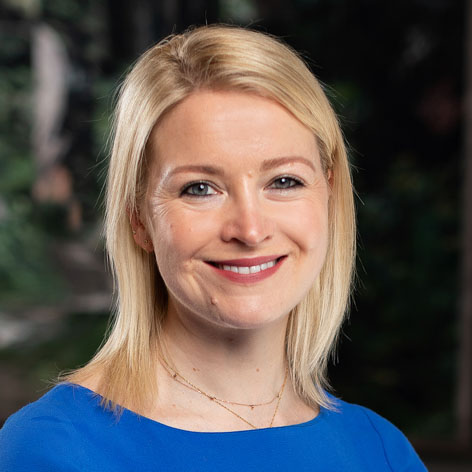Britney and Bynes: what can US conservators learn from UK deputies?
25 March 2022In a ruling given on 22 March 2022, the Californian courts have discharged the long-standing conservatorship over the actress Amanda Bynes, originally imposed in 2013 when Bynes was undergoing psychiatric care.
This decision follows the similar case of Britney Spears, who was also under a conservatorship for nearly fourteen years after allegedly facing mental health struggles.
Given the high profile of Britney Spears’ conservatorship and the popular #FreeBritney campaign, conservatorships have recently come under intense scrutiny. Many people have questioned how it is possible for a conservator to have such wide-ranging and long-lasting control over a person.
However, what many do not realise is that a similar system exists in the United Kingdom in the form of deputyships, although there are key differences between these two systems which make deputyships far less susceptible to abuse.
The roles of conservators and deputies are similar in that they both care for adults who are deemed unfit to care for themselves or make their own decisions, whether that be due to mental incapacity, age or physical disability.
However, as demonstrated in the Britney case, a conservator’s powers can be particularly extensive, and encompass not only questions of property and affairs, but also those concerning the health and welfare of the individual. This is not the same in the UK, where the Court of Protection is generally reluctant to appoint a deputy in relation to questions of health and welfare, instead choosing to rely on the statutory principles enshrined in the Mental Capacity Act 2005 to provide the appropriate framework for making those types of decisions.
Further, whilst both conservators and deputies are court appointed, the deputyship system is also supervised by the Office of the Public Guardian, a dedicated body specifically tasked to monitor deputies, attorneys and guardians i.e. any person who has been granted responsibility over another person. In the US, there is not an equivalent body responsible for scrutinising the actions of conservators, which can lead to conservators having far more freedom to make decisions.
What is most stark is the conservators’ right to charge a percentage fee of a conservatee’s assets. As was demonstrated in Britney Spears’ case, her father as conservator took home thousands each month and purportedly also took a percentage of the various deals he signed for his daughter.
In the UK, the fees of a deputy are closely controlled by the Court of Protection and a deputy’s fees are either fixed or assessed by the court. This ensures a far more robust system with little room for exploitation, particularly in larger estates where uncapped fees could be a very lucrative business.
It remains to be seen how the conservatorship system will change in the US, if at all. But at the very least the two recent examples of Bynes and Spears show the Californian courts are making positive steps to end conservatorships that are no longer necessary.
Former actress Amanda Bynes has been released from her nine-year conservatorship by a judge in California.
Get in touch


